With me poetry has not been a purpose, but a passion
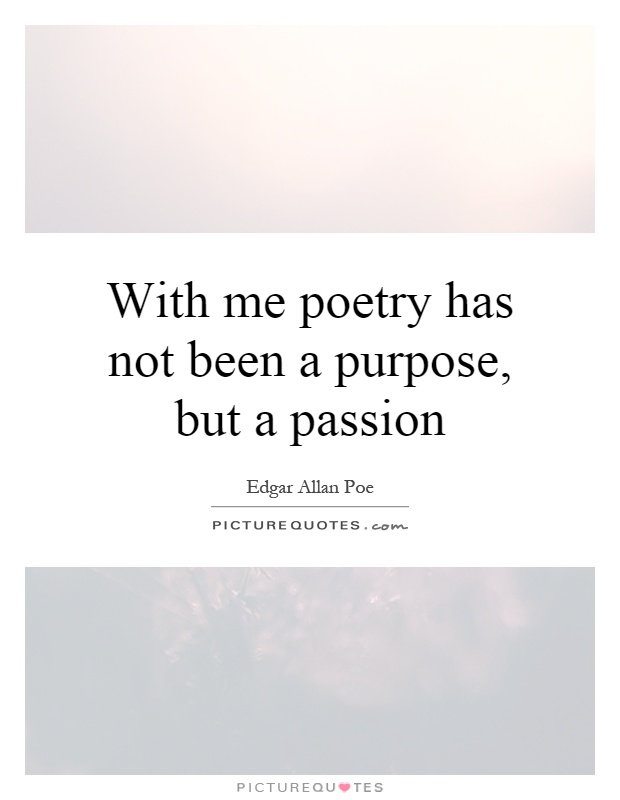
With me poetry has not been a purpose, but a passion
Edgar Allan Poe, one of the most renowned and influential American writers of the 19th century, is often remembered for his dark and macabre tales of mystery and horror. However, what many may not realize is that Poe was also a talented poet, with a deep passion for the art form.In a letter to his friend, George W. Eveleth, Poe famously wrote, “With me poetry has not been a purpose, but a passion.” This statement encapsulates Poe’s intense love and dedication to the craft of poetry. For Poe, writing poetry was not simply a means to an end, but rather a deeply personal and emotional outlet through which he could express his innermost thoughts and feelings.
Throughout his life, Poe struggled with personal demons, including the loss of loved ones, financial difficulties, and battles with addiction. It was through his poetry that Poe was able to confront and explore these dark and tumultuous aspects of his life. His poems often delve into themes of death, grief, and madness, reflecting his own inner turmoil and despair.
One of Poe’s most famous poems, “The Raven,” is a haunting and melancholic exploration of loss and longing. The poem follows the narrator’s descent into madness as he is visited by a mysterious raven that serves as a symbol of his grief and despair. Through the use of vivid imagery and evocative language, Poe captures the intense emotions of the narrator, creating a sense of unease and foreboding that lingers long after the poem has ended.
In addition to “The Raven,” Poe’s poetry is filled with other masterpieces that showcase his talent and passion for the art form. Poems such as “Annabel Lee,” “The Bells,” and “Ulalume” are all examples of Poe’s ability to craft beautiful and haunting verse that resonates with readers on a deep and emotional level.
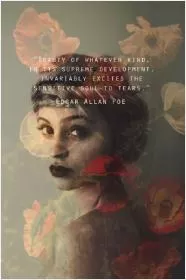
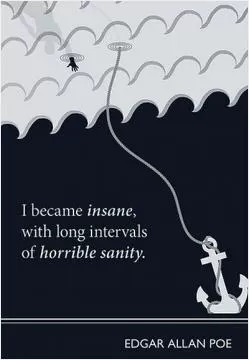
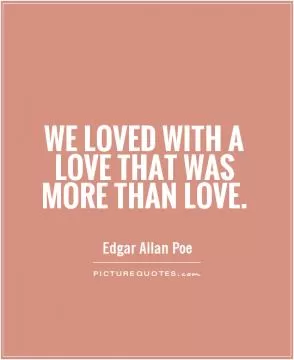
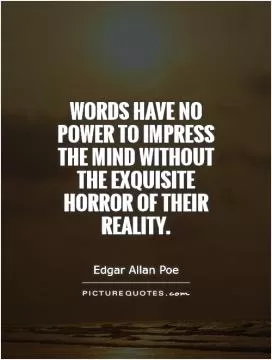
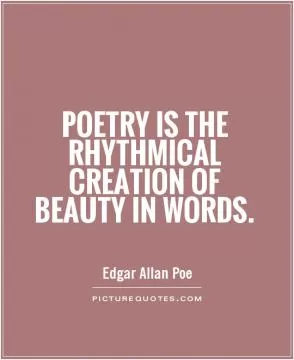
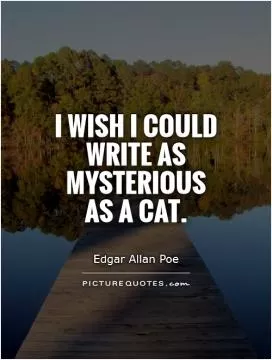
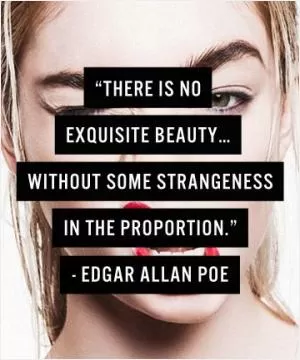



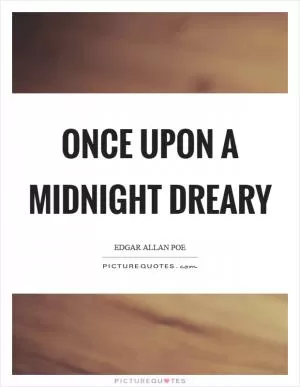
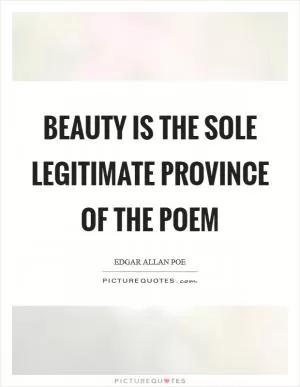
 Friendship Quotes
Friendship Quotes Love Quotes
Love Quotes Life Quotes
Life Quotes Funny Quotes
Funny Quotes Motivational Quotes
Motivational Quotes Inspirational Quotes
Inspirational Quotes